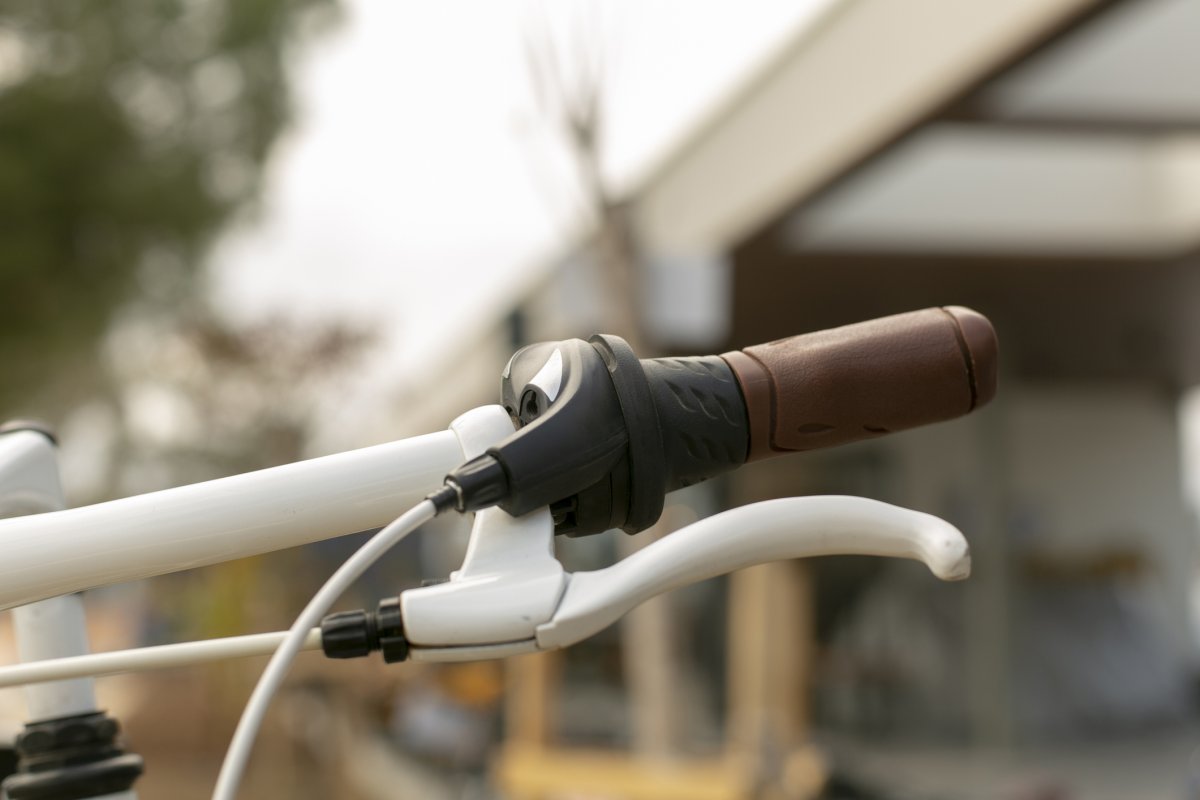A 14-year-old boy landed in the emergency room after he "degloved" part of his penis and inverted his left scrotum—while cycling.
The case of the British boy who was badly injured by an accident he sustained traveling down the pavement on a bike one-handed has been documented in BMJ Case Reports. According to the report, he had been cycling at walking pace (and with a drink in hand) when he hit a stationary car.
The collision left him with a 12-to-14-centimeter (4.7 inches to 5.5 inches) cut that extended from his left groin, across the pubic bone and to the right, and 10 centimeters into the perineum—a term describing the area between the anus and the genitals.
The result was an inverted left scrotum and a penis that had been partially degloved, meaning part of the penis skin had been removed, leaving muscle and other human body tissue exposed.
Medics at the John Radcliffe Hospital in Oxford, U.K., were able to close the wound after it was clear no foreign bodies or neurovascular damage were present.
The boy was left with no "significant" vascular damage—indeed, "normal sensations" were noted at the 4-week follow-up and there were no reports of any problems urinating. However, the case study authors report that the effect on sexual function has not been assessed and, therefore, is unknown.
He was discharged the following day.
"This case is unusual in both mechanism and resulting injury," the case study authors report.
"Handlebar injuries causing blunt abdominal trauma are well described in the literature; however, reports of impalement or degloving injuries are sparse."
Instead, they say, handlebar injuries are more likely to result in abrasions.
While the case study authors do mention an incident involving a 49-year-old man who sustained "traumatic circumcision and penile degloving" after crashing into a snowmobile handlebar, degloving is more likely to occur from injuries from dog attacks, industrial machine accidents and what the authors call "sexual misadventure."
However, they do stress that impalement can occur, caused by the edge of the handlebars that can act "in a spear-like fashion." The study authors point to a prospective study involving 813 children who had sustained bike injuries. A relatively small number (21) had handlebar injuries but almost half of those who had (10) had sustained life-threatening trauma to the abdomen. In each of those incidents, the end of the handlebars had not been covered in a plastic coating.
"Introducing the addition of protective ends to the edges of the handlebars may increase the surface area and soften the material," the study authors report.

In the U.K, bikes are responsible for 5 to 14 percent of blunt abdominal trauma, a medical term describing a hit to the stomach that can cause damage to internal organs such as the liver, bladder and kidneys. That accounts for roughly 1.15 under-20s in every 100,000 (again, in the U.K.).
In the U.S., medical costs associated with non-fatal bike injuries are on the up—rising approximately $789 million annually, according to one 2017 study. In 2013, there were 3.8 million non-fatal adult bicycle injuries alone. The researchers suggest this rise is down to an increased number in cyclists as well as changes affecting traffic and vehicle design.
Uncommon Knowledge
Newsweek is committed to challenging conventional wisdom and finding connections in the search for common ground.
Newsweek is committed to challenging conventional wisdom and finding connections in the search for common ground.
About the writer
To read how Newsweek uses AI as a newsroom tool, Click here.








